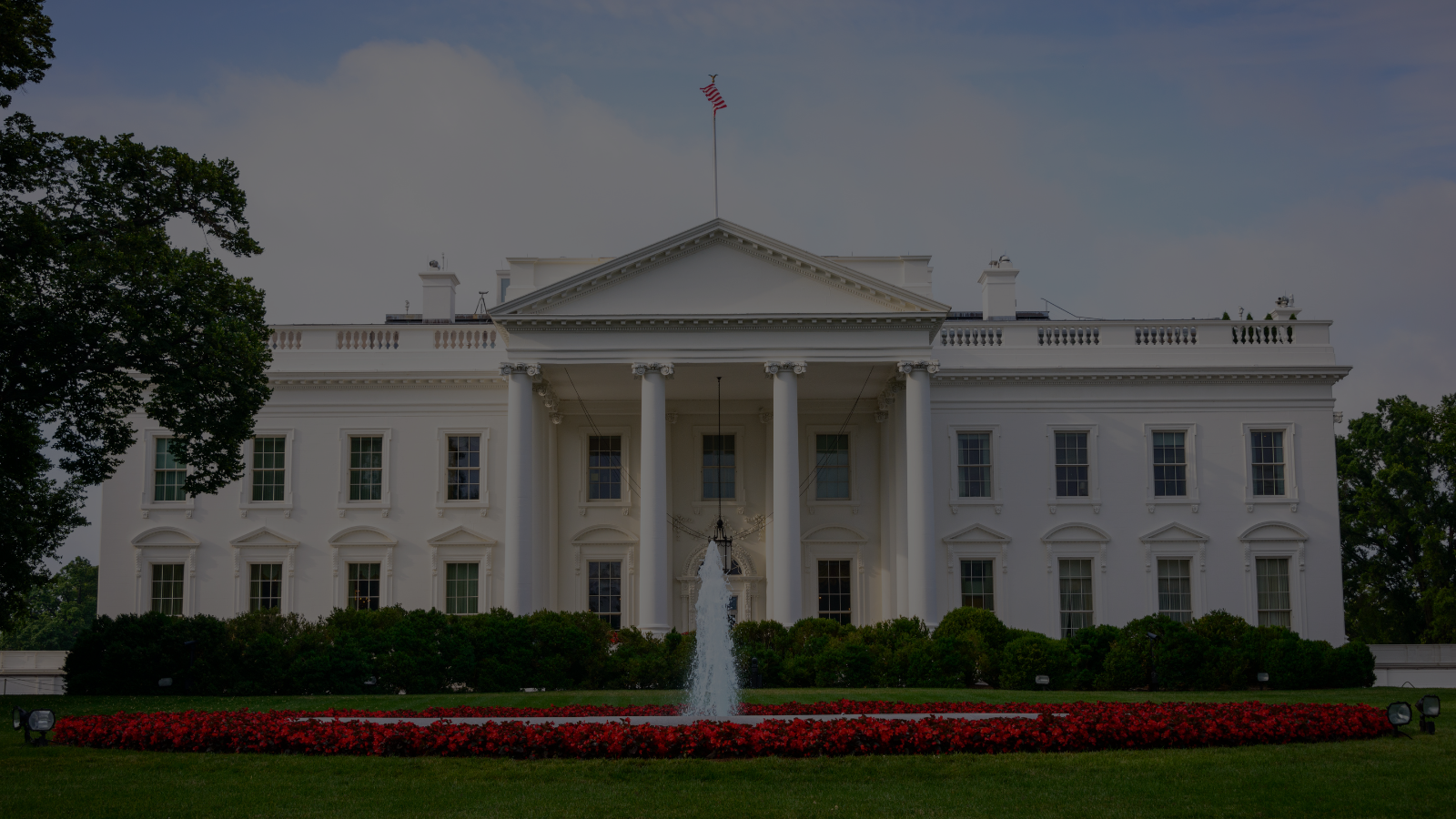The Vanderbilt Project on Unity and American Democracy has asked Republicans in a quarterly national poll since June 16, 2023, if they consider themselves supporters of the Make America Great Again or MAGA movement. In that first poll, 37 percent of respondents identified more with the MAGA movement than with the traditional GOP. Now, the share of MAGA identifiers within the GOP has swelled to 52 percent—a majority—for the first time in the poll. This jump underscores Trump’s increasing hold on the Republican Party. These results mirror findings from the Vanderbilt Poll that surveys Tennesseans; in the Volunteer State, that number now stands at 60 percent.
The Unity Poll asked respondents about their approval of five high-profile political figures in the United States, including President Donald Trump and Elon Musk. It discovered that Trump had the highest rating, with 41 percent approval and 48 percent disapproval (another 10 percent on the fence). Musk had 28 percent approval and 50 percent disapproval. None of the five had strong support from the public, but Trump enjoys more approval than the other four:
- Joe Biden: 29% approval, 56% disapproval
- Kamala Harris: 35% approval, 47% disapproval
- Elon Musk: 28% approval, 50% disapproval
- Donald Trump: 41% approval, 48% disapproval
- J.D. Vance: 33% approval, 37% disapproval
The Unity Poll also asked how much confidence respondents had in various institutions, including the government, the military, the news media, and universities and scientists.
Considering the pressure higher education and scientific research funding are under from the federal government, it is of interest that the poll shows improvement in public confidence in them since the December 2023 poll. Universities saw public confidence increase from 31 percent in 2023 to 38 percent in 2025. Scientists fared better, with 54 percent of Americans expressing confidence—up from 48 percent in 2023.
The military rates the highest among the institutions, with 58 percent of respondents expressing confidence. The three institutions that polled with the least confidence were the national news media at 13 percent, large tech companies at 19 percent and the federal U.S. government also at 19 percent.
The poll logged respondents’ opinions on some of Trump’s initial policy moves. Trump’s call for deportations resonates with the public: Even when asked about individuals who have not been convicted of any crimes, people still express an appetite for sending them back to their countries of origin. Seventy-five percent supported deportation for individuals with a criminal record, and 50 percent supported deportation for individuals without a criminal record.
Tariffs present a more mixed picture. Nearly 60 percent of the public disapproves of new tariffs or taxes on goods imported from other countries. Digging into those numbers, Republicans are more supportive of tariffs (70 percent), which is a testament to Trump’s influence on the party that used to pride itself on being the party of free trade. The Democrats now reflect that label, with over 80 percent opposing Trump’s tariffs.
The poll asked about pardons by Trump of those convicted of violent crimes during the Jan. 6, 2021, attack on the U.S. Capitol, and it found little public support. Three out of four Americans oppose the president’s pardons, including a majority of Republicans. Only MAGA supporters show a majority support—55 percent—for the pardons. Traditional Republicans remain opposed.
After President Trump’s first month in office, more than a third of people polled supported reducing presidential powers—37 percent in February 2025. This is a 12 point jump from when we asked the question in December 2023. This change suggests growing concern about presidential power. In fact, just 7 percent of Americans want to see the president grow in power—a number that stands in contrast to the flurry of recent presidential actions.
The Vanderbilt Project on Unity and American Democracy also sponsors the Vanderbilt Unity Index, a value generated through analysis of the polling results. “The Vanderbilt Unity Poll should provide regular snapshots of Americans’ sense of national political unity and their faith in the country’s democratic institutions,” said John Geer, head of the Unity Project.
SSRS conducted the Vanderbilt Unity Poll on its Opinion Panel Omnibus Platform. Between Feb. 7 and Feb. 9, 2025, 1,037 people across the nation, age 18 and older, responded across several platforms in Spanish and English. The poll has a margin of error of +/-3.9 at the 95 percent confidence level.
